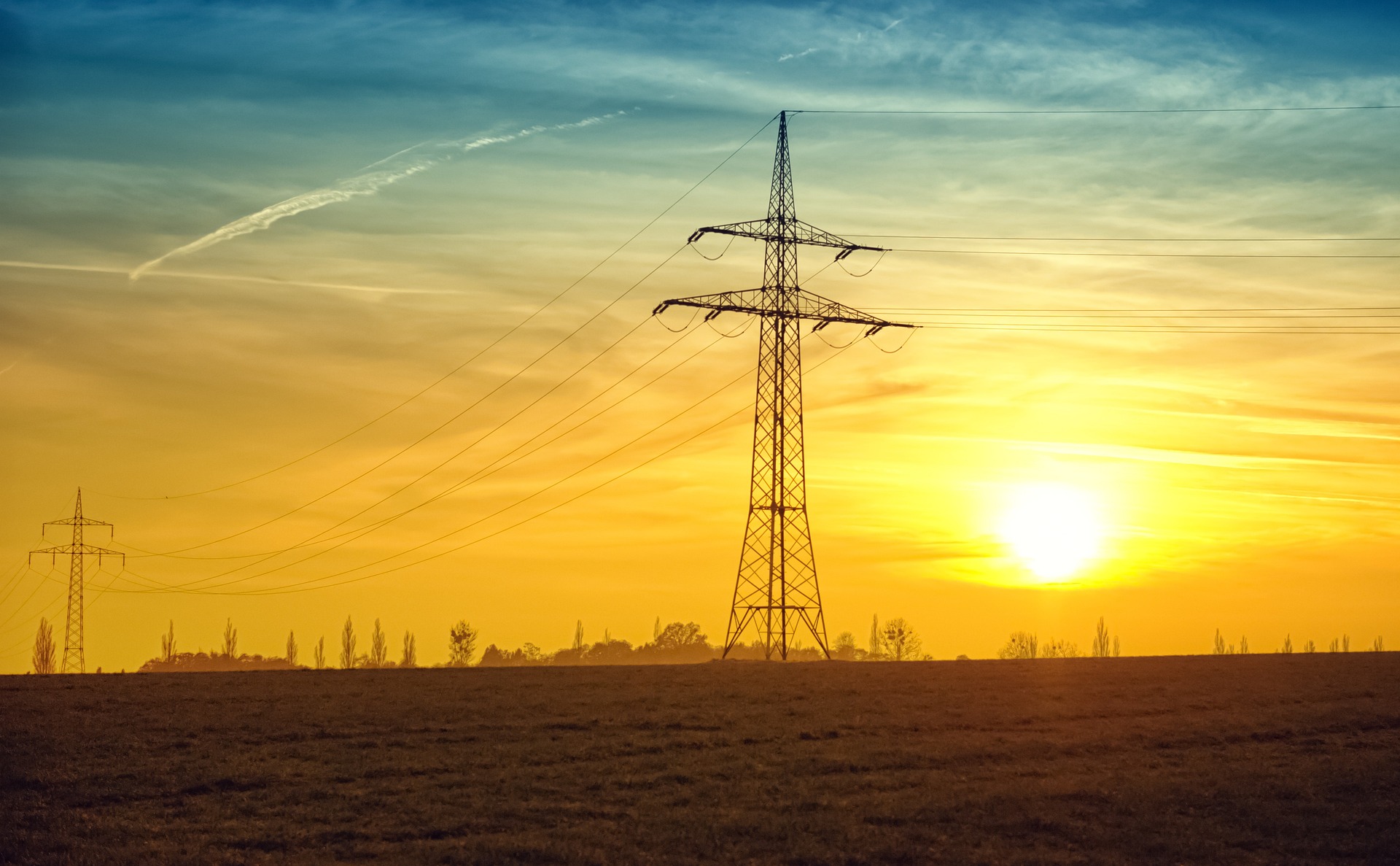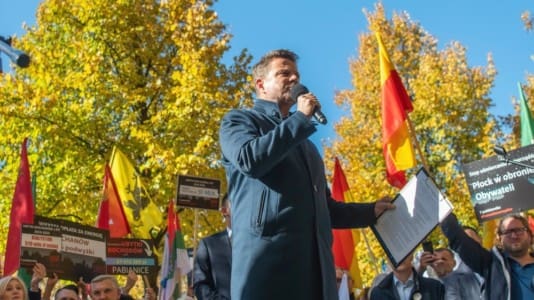The disruption of energy supplies associated with the war in Ukraine could cause widespread power outages in the European Union this winter. According to the European commissioner for crisis management, Janez Lenarčič, the EU is preparing for two scenarios, one of which includes the potential for large-scale blackouts in member states.
The first scenario is being prepared in case several member states experience power outages; however, the more severe scenario deals with the possibility that power outages would simultaneously occur in many countries.
In the event of outages in just a few countries, others could step in to provide targeted assistance to affected members, for example, in the form of emergency generators, writes The Washington Post.
But if there were more extensive outages, the European Commission would be forced to draw on its strategic energy reserves, the European Commissioner explained in an interview for the German radio station RND.
European officials insist they are better prepared than when the war in Ukraine began. Natural gas reserves in the European Union have reached almost 90 percent capacity, 15 percent more than last year.
However, more needs to be done so that states can respond quickly to sudden outages in energy supplies and better protect critical networks in the European Union, said European Commission President Ursula von der Leyen during her speech to the European Parliament on Wednesday.
“The acts of sabotage against the Nord Stream gas pipelines have shown how vulnerable our energy infrastructure is,” she said.
Blackouts are common in many parts of the world where infrastructure cannot handle any surge in strain, but richer EU countries have little experience with such issues. Experts also warn about what power outages and mobile networks could mean for consumers.
Cities across Germany started saving energy in the summer. Among other things, towns turned off the lighting of monuments and public fountains.
Paris began turning off the Eiffel Tower’s lights shortly before midnight instead of 1:00 a.m. However, according to experts, such steps are more symbolic. According to Radio France, the nightly energy consumption of the Eiffel Tower is equivalent to the annual consumption of just 56 French people.
According to the Reuters agency, consumers could more likely be affected by mobile network outages. In September, the French electricity grid operator stated that it will probably have to ask consumers to save energy in the next six months. In the case of extreme weather, these savings should be up to 15 percent.
In Germany, the risk of natural gas shortages this winter has eased as reservoirs fill up, notes Eurasia Group, a political risk research and advisory firm. At the same time, the group warned that short, regional, and controlled interruptions in electricity supply, known as “emergency disconnection of non-priority circuits,” pose a risk, especially in the southern parts of Germany.
However, an emergency halting of power supplies is less harmful to the economy than uncontrolled power outages or gas emergencies. The planned emergency disconnection allows industry and households to better prepare for temporary and localized outages.






